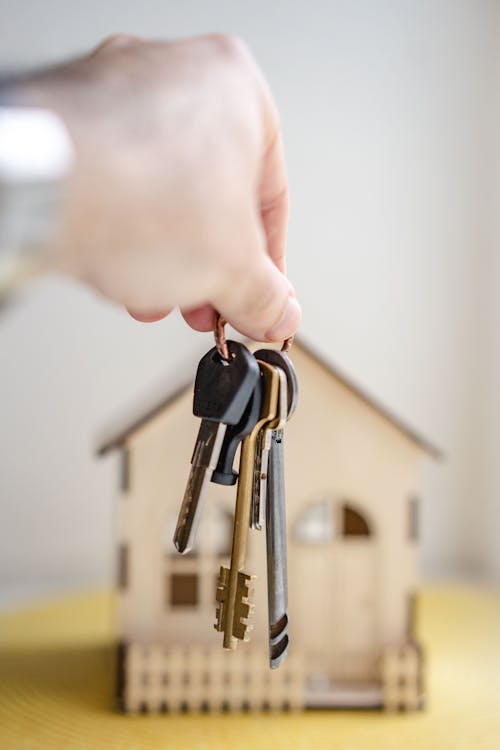Upgrading your Home: Ways to Save on your Mortgage
Many people are having difficulties with their finances at the moment because of the pandemic, and if this applies to you then you certainly aren’t alone. The pandemic affected many lives and businesses like the residential real estate market, because of health concerns and issues, the physical distancing, stay-at-home orders and economic uncertainty, many cities experienced a noticeable drop in home sales. The unemployment rate during the pandemic was high, so many homeowners have struggled to pay their mortgages and many of them reconsider their household needs.
Despite the large drops in home sales due to the pandemic brought by COVID-19, real estate activity began to improve today, potential home buyers started to increase their housing search and purchase activity.
If you are one of those homeowners who is planning to purchase a new home or do some home renovations today, it is important that you put plans in place, so you aren’t spending unnecessary money on high-interest repayments.
It is true that mortgages can be a highly efficient way to borrow money as the rates are always lower than those on other products such as personal loans or credit cards. The downside is that mortgages can last for an awful long time, typically 25 years and sometimes more. With the age of first time buyers increasing to nearly 40 for those without any parental help, it can mean years of saving for a deposit and then paying off a mortgage into your sixties or beyond. There are, however, some things you can do to save on the cost of your mortgage.

[Photo courtesy of Jessica Bryant/pexels.com]
Review your current mortgage
The first thing any mortgage holder should check is that they are on the best mortgage deal. Rates are historically low and it may well be possible to switch to a cheaper product, doing so could save you many pounds every month.
Check for any early redemption charges that may apply to your existing mortgage and fees on a new mortgage. Even if they do apply, it may still be cheaper in the long term to move, so do your sums carefully.
If you do find a cheaper deal, it’s well worth the admin involved to switch, so don’t be afraid of the perceived hassle. A little bit of paperwork could save you thousands over the term. New buyers should always shop around and seek out the best mortgage with low rates and flexible terms.
Switch to a repayment mortgage
If you are on an interest only mortgage you may want to think about switching to a repayment mortgage. Whilst this will probably cost you more each month, you can be sure that at the end of the term, you won’t be left with any outstanding debt to pay off.
If, at the same time, you are able to move onto a product with a lower rate of interest, it may not even cost that much more and you have the peace of mind of knowing that your mortgage will be fully paid off at the end of the term.

[Photo courtesy of RODNAE Productions/pexels.com]
Overpay your mortgage
The most effective way to save on your mortgage is to overpay. Paying off more than the required amount means you pay less interest overall and your mortgage ends sooner. Assuming the interest is calculated daily, any overpayment starts working for you immediately.
Work out how much extra you might be able to afford paying each month, say 75 or 100 and then ask your lender to calculate what impact that will have on your mortgage. They will be able to tell you how much time you would shave off the length of the mortgage and how much you would save in interest payments. You can do the same with a lump sum payment.

[Photo courtesy of Oleksandr Pidvalnyi/pexels.com]
An added benefit of overpaying is that it will increase the equity available in your home which may help you re-mortgage onto a product with lower interest rates, therefore saving you more money.
Whatever you decide to do, these straightforward steps should help you on your way to save on your mortgage and even become mortgage free sooner than you’d hoped.

Indeed, the pandemic dried our savings too. I will apply for a mortgage loan when things get better.